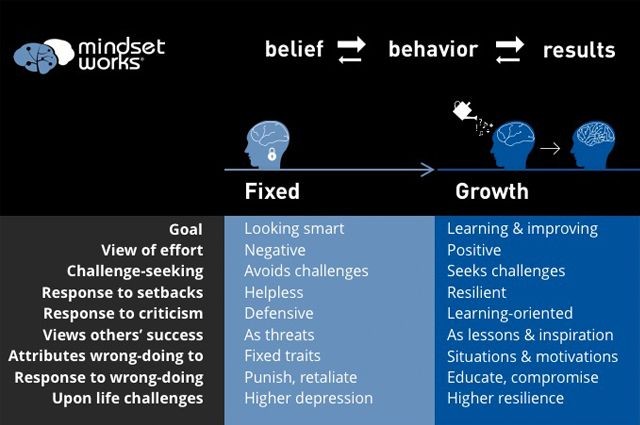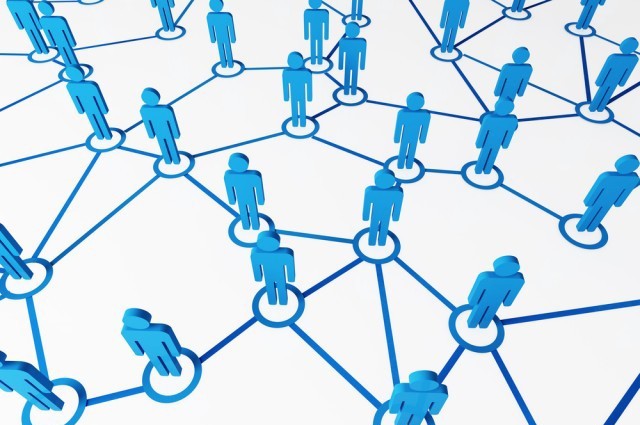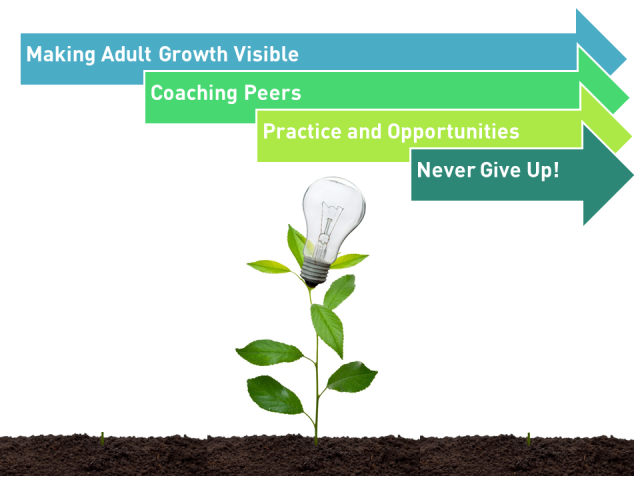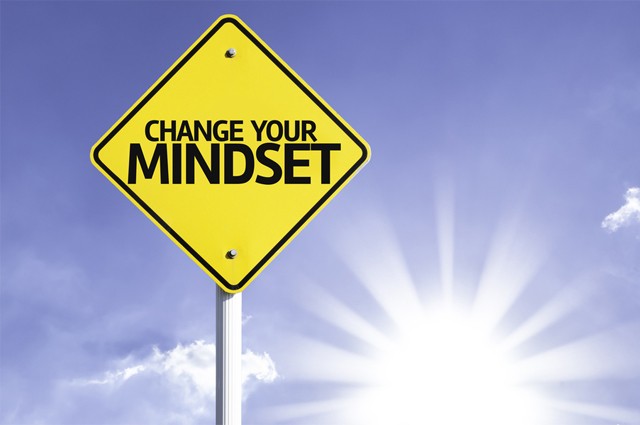Sign up for our newsletter to become part of the conversation:
** Please enter a valid email to join our community **
Thank you for joing the Mindset Works Community! Check your email for more information.

Do you tend to think that your health was predetermined by the genes you inherited from your parents? Think again. Discoveries in the field of epigenetics are showing that we have a huge amount of influence on our genetic expression when it comes to health, well-being, and disease prevention.

Emerging growth mindset research is generating new insights about human relationships. To what extent do we believe that human characteristics, other than abilities –such as being kind, joyful, smart, courageous or cooperative– are fixed versus changeable? Can each of those qualities be developed, or are they innate? Our answers deeply affect our perceptions and behaviors, which in turn affect the quality of our relationships and our collaboration with others.

James is our colleague in Australia and this post was originally on his blog in June 2016.
Sometimes I'm asked, "James, what's your mindset? And I'm inclined to reply "Which one? I've got lots of them." But that's only partly true.
In Carol Dweck's research she often talks about a person's mindset, and it's easy to be misled into believing that people have just one. But that's not true. The research only reads that way because it's usually talking about a person's mindset in a particular context. In different contexts, we can have a completely different mindset.

This post was originally published on Houghton Mifflin Harcourt's Blog, The Spark (4.29.2016)
If you have had the pleasure of hearing Carol Dweck speak in the past few months, you will have heard what we have learned in recent years about cultivating a growth mindset in ourselves and in others. One of her slides that really resonated with the audience at the Learning and the Brain conference in San Francisco suggested that adults talk the talk, but don't walk the walk. On a stick figure graphic, a disembodied head is traveling in the opposite direction from its body. And this is a major issue: adults forget that we can't effectively cultivate or influence a growth mindset in others unless we are cultivating one in ourselves. We have to take the journey, walking in the same direction that we are talking.
This couldn't be truer for leaders. Leaders (whether that be by title or merely by influence) can influence the mindsets of other adults. No, you can't change another person. However, you can have great influence over others.

Helping People Tip Toward a Growth Mindset
It is really exciting to learn about the concept of a growth mindset at first; it makes so much sense! "Yes! When we believe we can improve, we take action to do so, and we get smarter - we change. It's so simple!"
Except it isn't. At some point, we find ourselves thinking, but wait a minute. If it's this simple, why is it that I know so many people who do not change at all? And how come, even when we share growth mindset concepts with some people, it does not seem to make any difference? What is going on here?